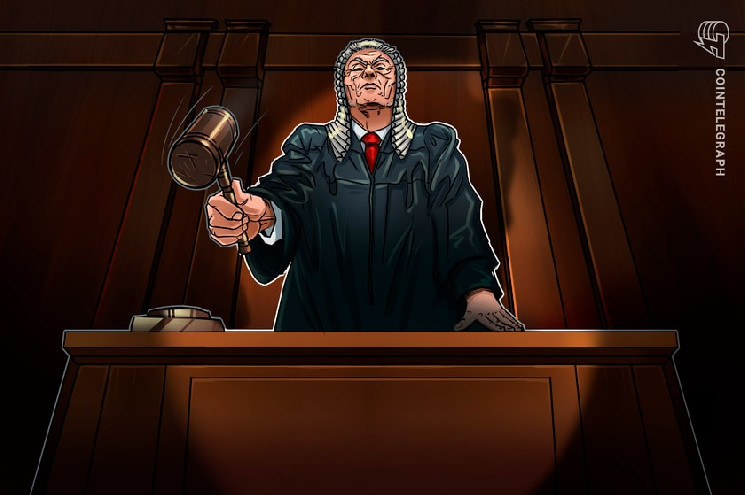Non-fungible token (NFT) artist Ryder Ripps’ latest attempt to dismiss the Bored Ape Yacht Club-related lawsuit against him appears to be falling on skeptical ears.
During an Oct. 17 hearing, three judges of the U.S. Court of Appeals for the Ninth District seemed largely unconvinced by the arguments of the attorney representing Ripps and Jeremy Cahen (known by the pseudonym “Pauly” on X), who argued the case . should have been rejected on grounds of freedom of expression.
Ripps and Cahan’s attorney, WilmerHale partner Thomas Sprankling, argued that the counterfeit Bored Ape NFTs were sold and distributed in a manner that protested the allegedly anti-Semitic imagery hidden in the Yuga Labs-created collection.
He repeatedly positioned Ripps and Cahan as selling the NFTs as an avant-garde exercise that pushes the boundaries of speech, and claimed that Yuga’s lawsuit should have been dismissed under a California law that aims to prevent harassing lawsuits, known as SLAPP lawsuits, to stop.
However, the judges only seemed interested in the secondary sales of the NFTs themselves, essentially rejecting any arguments related to any artistic criticism.
“He sold the same images, on the same marketplaces, on virtually indistinguishable NFT identifiers,” Judge Anthony Johnstone said in response to Sprankling’s argument.
“I still don’t see it,” Judge Morgan Christen added.
Yuga Labs first filed a complaint against Ripps and Cahen in July 2022, alleging that the pair made millions of dollars by engaging in trademark infringement, false advertising and unfair competition after the release of a derivative NFT collection called RR/BAYC.
Sprankling told the justices that the anti-SLAPP statute is designed as a “prophylactic” — meaning it is supposed to go “slightly beyond the bounds of the First Amendment to ensure that you don’t threaten people with chilling statements in lawsuits, as is the case here.”
Related: The NFT market’s slump shows it’s moving toward ‘real utility,’ executives argue
On April 21, a California court ruled that Ripps and Cahen had infringed on Yuga Lab’s trademarks with their RR/BAYC NFT collection.
Although California District Court Judge John Walter has already held a trial to assess the amount of damages payable to Yuga Labs, he has yet to announce the conclusion of the case.
In their anti-SLAPP motion, the pair claimed that Yuga Labs filed the lawsuit against them only to silence their “protest art” and drown them in legal fees.
NFT Collector: William Mapan’s Distance Sold Out, NFT Floats in Macy’s Parade, Noun’s DAO Forks

